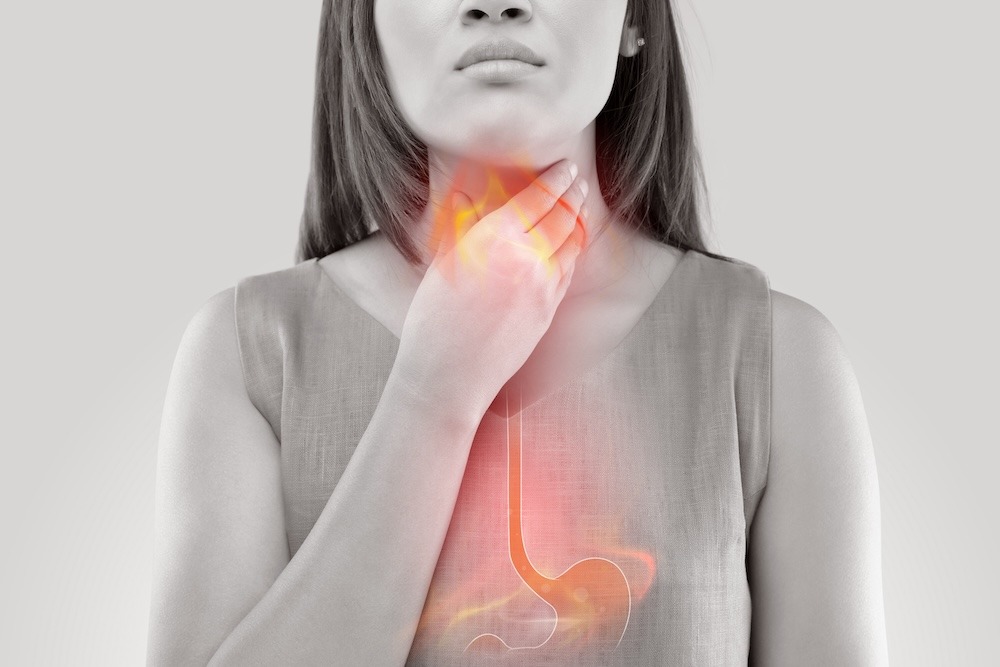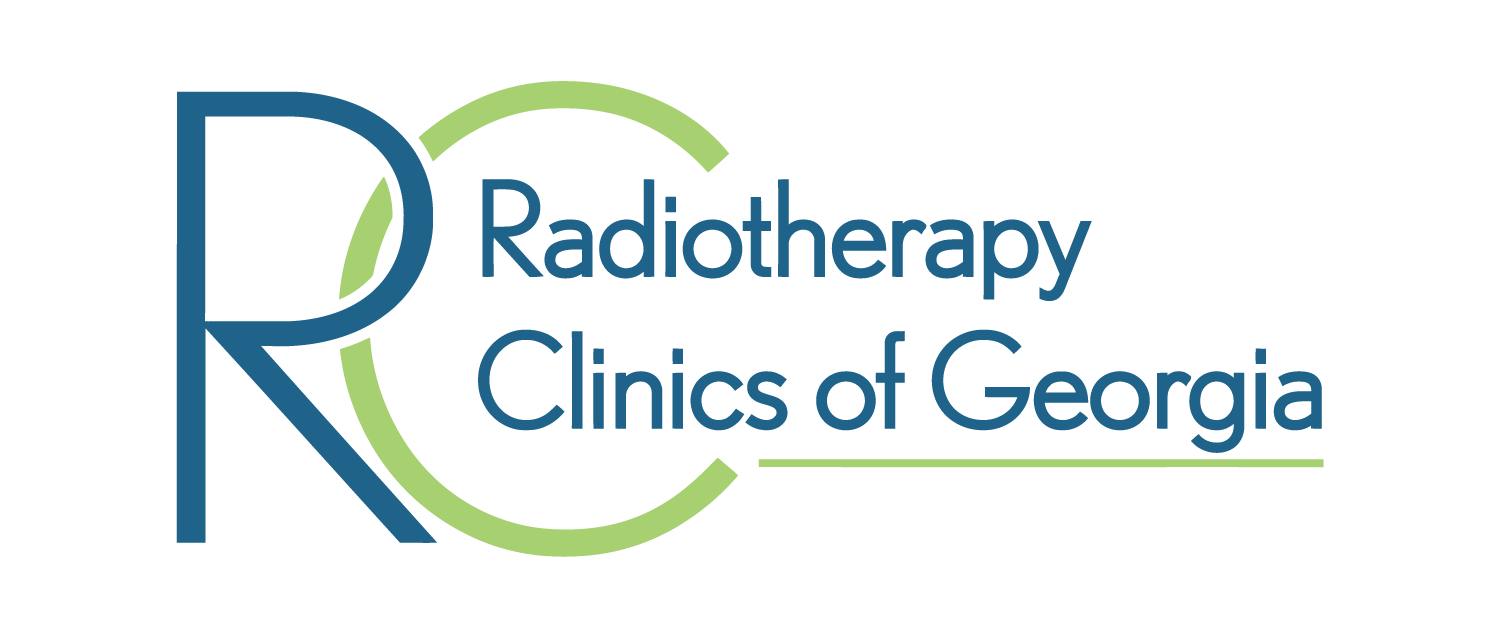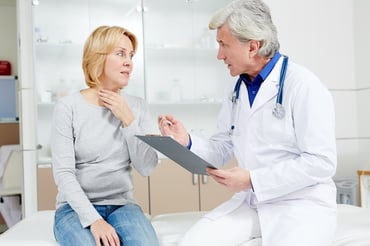
More than likely you've experienced heartburn at some point in your life, and it's usually not a cause for concern. However, if you experience frequent heartburn, it could be a sign of acid reflux, which can progress into gastroesophageal reflux disease (GERD). What is GERD and can it lead to cancer?
What is GERD?
The esophagus is a long tube that carries food from the throat to the stomach. When you experience acid reflux, stomach acid backs up into the esophagus, which causes irritation and inflammation called heartburn. If heartburn becomes chronic, it is considered a condition called GERD.
GERD, short for gastroesophageal reflux disease, occurs when stomach acid regularly backflows into the esophagus. It can be caused by overeating, lying down too soon after eating, or having a defect in the valve that connects the esophagus to the stomach. It can also be caused by a hiatal hernia, a condition in which the upper part of the stomach bulges through the diaphragm and into the chest.
In addition to heartburn, individuals with GERD may experience a sensation of a lump in the throat, difficulty swallowing, a persistent cough, inflammation of the vocal cords (laryngitis), or new or worsening asthma.
If you experience heartburn two or more times per week, you may have GERD.
Does GERD Increase Your Risk of Esophageal Cancer?
GERD on its own does not increase the risk of esophageal cancer. However, Barrett's esophagus is a condition caused by GERD that is associated with an increased risk of developing esophageal cancer. Barrett's esophagus occurs when the lining of the esophagus starts to look more like the lining of your intestines. This happens because the esophagus is trying to protect itself from the stomach acid that keeps coming back up. The change in cell DNA increases the risk of developing esophageal cancer.
If you have long-lasting GERD, it's important to have regular checkups. This may include an endoscopy to see if there are precancerous cells present. An endoscopy involves inserting a long tube with a tiny camera attached into the mouth and down the esophagus to look at the cells and possibly take small biopsy samples.
Talk to your doctor about having the endoscopy if you have GERD and you...
- Have had GERD for more than 10 years
- Are a white male over the age of 50
- Are overweight, especially those with abdominal fat
- Have a family history of Barrett's esophagus or esophageal cancer
- Are a current or past smoker
- Have a hiatal hernia
Reducing Your Risk of Developing Esophageal Cancer Due to GERD
It's important to control GERD, and your doctor can help you take the necessary steps, which may include:
- Taking medications that reduce stomach acid production, such as antacids, proton pump inhibitors (PPIs), or H2 blockers
- Maintaining a healthy weight
- Adjusting your diet
- Not lying down after eating or propping yourself up while sleeping to help prevent stomach contents from reaching the esophagus
- Avoiding smoking
- Drinking alcohol only in moderation
- Surgery to fix the valve between your esophagus and stomach can be performed to relieve GERD your doctor will determine if this is an appropriate next step
Symptoms of esophageal cancer include the following and should be reported to your doctor right away:
- Trouble swallowing (dysphagia)
- Losing weight without trying
- Chest pain, burning, or pressure
- Coughing or hoarseness in the throat without a cold
- Dark stools or a low red blood cell count, which could indicate bleeding in the esophagus
The chances of recovering from esophageal cancer are higher when it is detected early.
What if Esophageal Cancer is Found?
There are different types of treatments available for patients with esophageal cancer. The more advanced when it's found, the more treatments that are likely needed. A medical oncologist, surgeon, and often a radiation oncologist will meet to discuss the best treatment plan.
Surgery
Surgery is a common approach for treating esophageal cancer. The cancerous part of the esophagus is removed in an operation called an esophagectomy. The remaining healthy part of the esophagus will be connected to the stomach so the patient can still swallow.
Radiation Therapy
Radiation therapy uses high-energy radiation to kill cancer cells or keep them from growing. The most common type of radiation therapy used for esophageal cancer is external beam radiation therapy which is delivered from a machine outside the body. However, internal radiation therapy, called brachytherapy, can be used to target cancer cells from inside the body.
Radiation therapy may be used in the following ways:
- In combination with chemo (chemoradiation), primarily when surgery isn't an option
- Before surgery to shrink the tumor and make it easier to remove (neoadjuvant treatment)
- After surgery to kill any cancer cells that may have been left behind but are too small to see (adjuvant therapy)
- To ease the symptoms of advanced esophageal cancer such as pain, bleeding, or trouble swallowing (palliative therapy)
Recent developments in radiation treatment are contributing to better patient results. One such advancement is intensity-modulated radiation therapy (IMRT), a type of external beam radiation therapy that accurately focuses on tumor cells with different intensities while minimizing exposure to surrounding organs and tissues.
Therapies Using Medications
The types of medications used for esophageal cancer include:
- Chemotherapy: These drugs stop the growth of cancer cells, either by killing the cells or by stopping them from dividing.
- Targeted therapy: These drugs identify and attack specific cancer cells, genes, and proteins while limiting damage to healthy cells. Monoclonal antibody therapy is a type of targeted therapy used in the treatment of esophageal cancer.
- Immunotherapy: This treatment uses the patient's immune system to fight cancer. Substances made by the body or created in a laboratory can help boost, direct, or restore the body's natural defenses against cancer.
Endoscopic Therapy
Patients whose symptoms need to be managed may receive endoscopic therapy, which involves using a long, flexible tube called an endoscope. Endoscopic therapy could include:
- Electrocoagulation: the use of an electric current to kill cancer cells
- Laser therapy: kills cancer cells with a laser beam
- Cryotherapy: destroys tumor cells by freezing them
Esophageal Radiation Therapy Cancer Treatment in the Atlanta Area
If you've been diagnosed with esophageal cancer and your treatment plan includes radiation therapy, choose a radiation oncologist who is conveniently located for you. The Radiotherapy Clinics of Georgia provides patients in the Atlanta area with easy access to radiation therapy using the most advanced treatment technologies at our locations in Conyers, Covington, Decatur, and Snellville.
Request an appointment with one of our oncologists to learn more about the treatment options available to you for the radiation therapy portion of your treatment.



